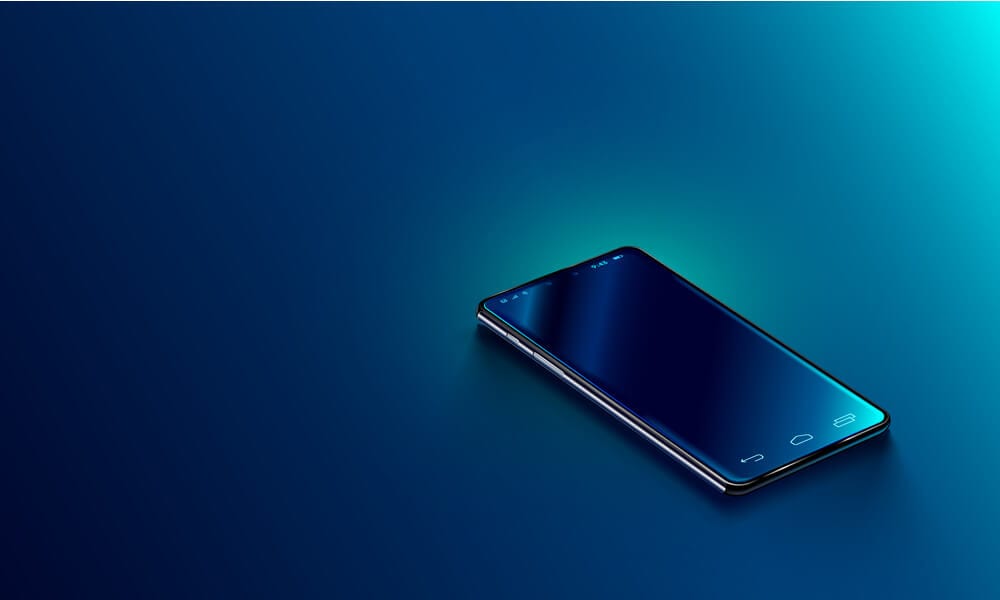If you or a family member serves in the military, you know how expensive the monthly phone bill can be. This is especially true for the friends and family of soldiers serving outside of the United States. The following tips will help you save more of your hard-earned money:
International Calls
Calling to an Overseas Mobile Device: Although it depends on which country you are calling, overseas carriers have been increasing the rate to call a mobile device (cell phone, pager, etc.) when calling from the U.S. This is normally called an international/special services termination rate and will usually be listed on the calling plan international rates list under “mobile” or “cellular.” If this mobile charge applies to the country you are calling, some carriers will charge you a higher per-minute rate while other carriers will charge a flat surcharge rate per call.
Calling to an Overseas Military Base: Some carriers will charge you a higher rate to call to a military base in another country. Read the small print.
Calling to an Overseas Satellite Phone: Calling to an international satellite phone or device should be avoided if possible. Even with discount carriers, the per-minute rate can be as high as $9.00. Some carriers will list this charge on the international rates list as a “premium” call, while others won’t list it at all. If you are calling to a satellite device, it’s always a good idea to contact the carrier and ask them specifically for the rate.
Calling Overseas from a U.S. Cellular Phone: If you use your wireless phone to make international calls, your normal wireless provider might have a high per-minute rate. If this is the case, there are stand-alone products especially for these calls. A special cellular plan like this means you don’t have to switch cellular providers or phone numbers. You just register your number with the company and dial a toll-free access number before your call. This is one of the best ways to receive discount international rates from your cell phone.
Direct Dial or Dial Around: Many quality direct dial (1+) calling plans maintain generally low international rates. Other direct dial plans have low rates to certain countries but much higher rates to other countries. If your regular long distance plan has a high rate to the countries you call, consider using a 10-10 dial around number for your international calls. You can use a 10-10 number without switching long distance carriers and often receive a great low international rate. If needed, use a combination of services to save the most money.
Using an Operator to Place Your Call: Unless your call is a critical emergency, never use an operator to place an international call. The cost can be extremely high. I received a call from a gentleman seeking a low rate to call another country and told him about a 10-10 number that had a $0.07 per-minute rate. He then told me he had just received his phone bill that included a call where he used an operator to place the call. He wound up spending more than $5.00 per minute on the same call that could have cost him just $0.07 per minute!
Let’s Go Pre-Paid: This is another way to save money on your international calls. If you use a pre-paid phone card or pre-paid long distance, always consider if there is a connection fee or a monthly fee. Also read the details of the billing increments. I have seen some prepaid cards advertised to the military that displayed the low rate in big bold print, but the small print showed a billing increment of four minutes – meaning that each call is rounded up in four-minute intervals (i.e., a five-minute call will cost you the same as eight minutes). Also keep in mind that some cards can be recharged, some will expire a certain date from first use, while others will expire a certain time from the date you purchased the card.
Calling the U.S. from Another Country: If stationed in another country, look into using an international callback service (along with using the standard long distance carrier in another country or using a prepaid card). Some U.S. carriers offer callback programs that work like this: You register your overseas phone number with the callback provider and, when you need to call back to the States, you can make your call using actual U.S. phone lines. The rates often are much cheaper than the rates of the international carrier. Payment methods can range from prepaid using a credit card, non-prepaid using a credit card, or even paying by a wire service.
Domestic Calls
Using a Cell Phone: Many U.S. consumers are now going this route, especially if they make numerous long distance calls a month. There are even prepaid cellular plans where you don’t have to sign a contract or pass a credit check.
Choosing a Regular Direct Dial Plan: There are numerous quality discount plans that do not require a monthly fee. Always choose based on your calling patterns. (Are your calls mostly in-state or state-to-state?) Although in-state rates vary, you should never pay more than $0.05 per minute for state-to-state calls. You can also combine the use of a good 10-10 number with your direct dial plan if needed.
A Servicemember Calling Home: If you or a family member calls home within the States and does not use a cell phone or prepaid card, consider getting a toll-free number for the home line. Incoming rates from within your state will vary, but you should never pay more than $0.05 per minute for calls coming from outside your state (other than Alaska and Hawaii). You do not need a second phone line to have a toll-free number.
Using Prepaid Services: Many quality discount prepaid phone cards and prepaid long distance programs are available. As with international calls, always check billing increments, monthly maintenance fees, and connection fees (if any). In virtually all calling situations, using a prepaid service that charges a connection fee will cost you money in the long run.
Always remember to read the small print, and don’t place all your focus on the per-minute rate.
By David Wood

5 MINUTE READ
Home » InCharge Blog »

















